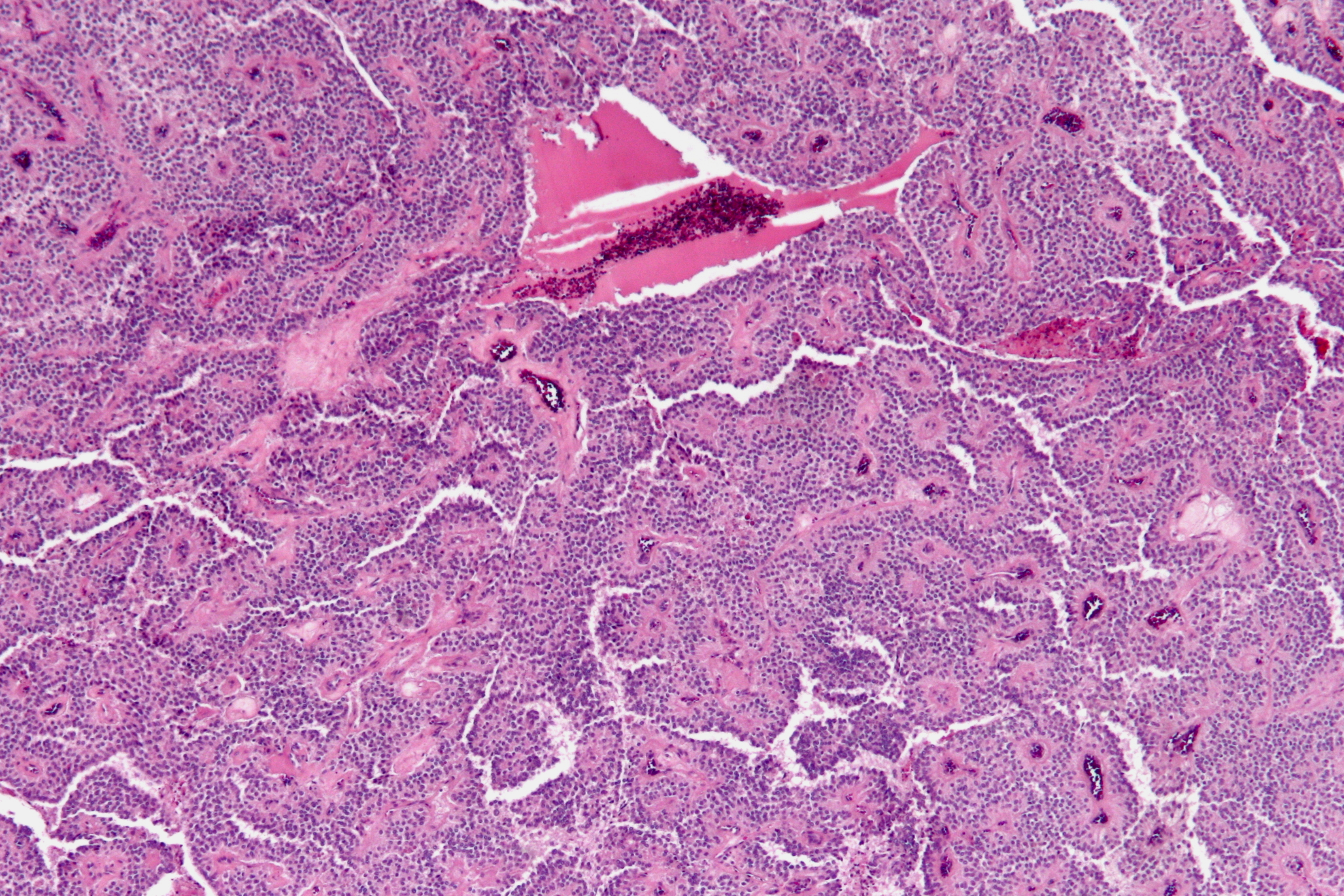
Background
Over the last decade, the most significant revolutionary advances in oncology have been the introduction and FDA approval of targeted monoclonal antibodies (mAb) against the human epidermal growth factor receptor (HER1-4) family. In combination with standard adjuvant chemotherapy, drugs such as Cetuximab (Erbituxa®, HER1 inhibitor) or Trastuzumab (Herceptin®; HER2 inhibitor) have significantly increased disease-free survival in patients with metastatic breast and other epithelial-derived cancers. However, despite an initial positive response to these HER-targeted therapies, the majority of patients develop acquired resistance, deeming the therapy ineffective within one year of treatment. Therefore, there is a clear and urgent need for the development of novel therapeutic strategies that simultaneously target multiple resistance pathways to prevent relapse and improve patient survival in breast and other epithelial-derived malignancies.
Technology
Researchers at Stony Brook University have discovered a novel antibody cancer therapy that overcomes the aforementioned host resistance. Moreover, using a panel of NIH/NCI designated cell lines, the therapy showed a remarkably high degree of cytotoxicity against cancer cells, while sparing normal cells. Similarly, in numerous pre-clinical mouse models of cancer, it demonstrated high levels of therapeutic effectiveness in vivo. Most importantly, when testing our therapy against cancer cells that had developed resistance to Herceptin®, it demonstrated high levels of cytotoxicity towards these HER2+ resistant cancer cells both in vitro as well as in breast cancer xenografts in vivo (See Figure 1 https://stonybrook.technologypublisher.com/files/sites/8275-figure.jpg)).
Advantages
- Validated target - Novel mechanism of action - Down regulates multiple receptor tyrosine kinase pathways. - Works against HER2+ resistant cancer in vitro and in vivo. - Potential companion Dx
Application
Solid Tumor Therapy. #8275
Inventors
Sabine Brouxhon, Associate Professor, Emergency Medicine
Stephanos Kyrkanides, Professor & Chair, Children's Dentistry
Marcia Simon, Professor, Oral Biology & Pathology
Li Ma, Senior Research Scientist, Oral Biology & Pathology
Liqun Wang, Senior Research Support Specialist, Oral Biology and Pathology
Soosan Ghazizadeh, Associate Professor, Oral Biology and Pathology
Licensing Potential
Development partner,Commercial partner,Licensing,University spin out,Seeking investment
Licensing Contact
Sean Boykevisch, Director, Intellectual Property Partners, sean.boykevisch@stonybrook.edu, 6316326952
Patent Status
Patent application submitted,Patented
Pending and issued patents in major markets covering composition of matter and methods of use.
Tech Id
8275
